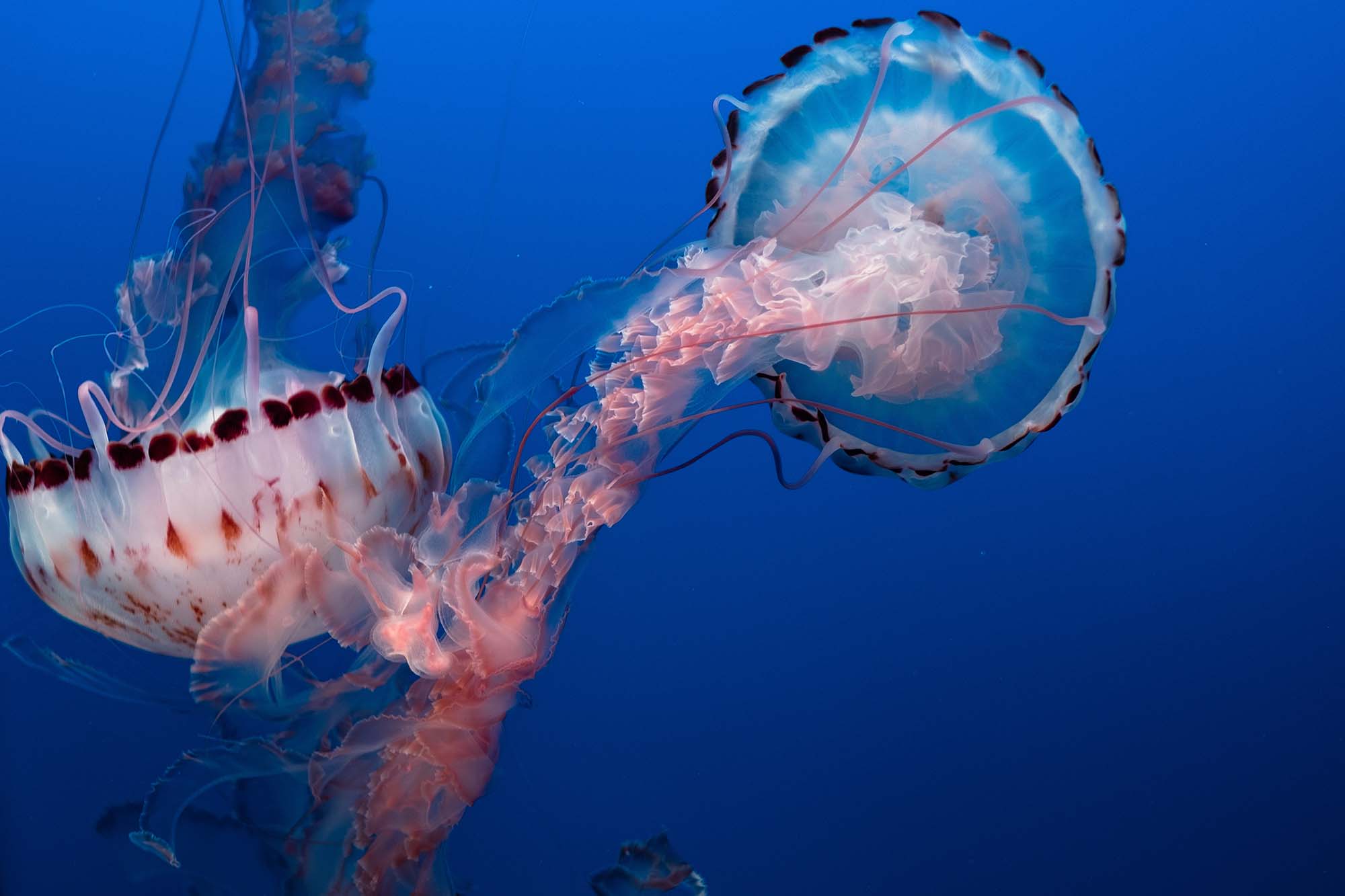Highlights & Takeaways: PHIDIAS webinar on Ocean Use case
The first webinar of the PHIDIAS series of Use Cases took place on 4th of June, addressing the challenges and opportunities of creating a "user to infrastructure" federation of the HPC and data services by building on the pre-existing and emerging European infrastructure landscape.
The webinar, in collaboration with Blue-Cloud project, exhaustively showcased the latest developments and services, as well as the opportunities in boosting the use of cloud services for marine management, services and processing to improve the use of (1) cloud services for marine data management, (2) data services to the user from a FAIR perspective, and (3) data processing on demand, providing the following takeaways:
- Understanding better how to improve the long-term stewardship of marine in-situ data
- Discovering the benefits of standardised data/HPC services for marine study
- Improving data storage for services to users
- Allowing marine data processing workflows for on-demand processing
- Enabling open access to HPC services
- Keeping abreast with the current status of the European blue economy and HPC ecosystem
The webinar was moderated by Francesco Osimanti, Project Manager at Trust-IT Services and currently the communication and dissemination leader within PHIDIAS, who provided an exhaustive overview of the projects and its goal enabling the earth science and the HPC community to discover, manage and process spatial and environmental data spanning from atmospheric, marine and earth observation by developing the three use cases that will be deployed in services and a wider array of end-users.
The first key speaker was Cecile Nys, an assistant manager of Ocean Data Cluster - Odatis at IFREMER, who introduced the PHIDIAS Ocean use case and contribution to HPC to marine studies.
The second speaker was Gilbert Maudire, an engineer at IFREMER and Ocean use case (WP6) leader within PHIDIAS, who covered the opportunities in exploring advanced cloud services for marine and oceanographic data access and data management.
The third speaker was Jukka Seppälä, the head of SYKE-MRC laboratory and WP6 member, who presented the different data types of imaging technologies and passport photos for plankton which is relevant in the new era for marine biology research.
The fourth speaker was Alexander Barth, a researcher in GeoHydrodynamics and Environment Research (GHER) at the University of Liege and WP6 partner, who provided analysis on ocean observations in an HPC infrastructure with DIVAnd.
The final presentation was given by Pasquale Pagano, a senior researcher at CNR-ISTI and a special speaker from the Blue-Cloud project. He presented the Blue-Cloud platform of the marine-thematic EOSC services for marine research and the blue economy.
Webinar Poll Key Takeaways
The PHIDIAS webinar is a real asset when it comes to extending the reach across a wider pool of stakeholders, with 74 online participants (93 registered participants) and 11 live questions coming from our audience. Participants come from 18 countries: 12 EU Member States and 6 Non-EU/global. For the EU, the United Kingdom is by far the most represented country, followed by Belgium, Spain, Italy and France.
During the webinar, some live poll-questions were posed to the audience to better understand the participants' average engagement and familiarity both with PHIDIAS, ocean and marine studies. The following charts display the main outcome pulled out from the live poll surveys (responses from 36/74 attendees).
- Poll 1, 2 and 3:

- Poll 4 and 5

- Poll 6 and 7

- Poll 8 and 9

The speakers provided some technical insights and future activities supporting the Future Horizon Europe initiative in marine research and blue economy:
- PHIDIAS is in the middle of the development driving to the creation of the access to the data and products will be coming out soon such as:
- New automated observatories for the new technologies for biology and chemistry integrating the genetic observations
- Multi-platform observations including the data fusion, both having the element of big data
- The PHIDIAS initiative is a good opportunity in adopting the HPC and HPDA technology for ocean data as a 50% estimated increase in the amount of data is expected in the coming years,
- Increase the services and offers in HPC in handling the amount of data offered to the research community,
- The EOSC and Blue-Cloud initiatives open the doors to an integrated environment where the community of users can exploit services that they need and access the data for a better environment and better research.
If you miss the webinar, speakers' slides and recorded webinar are now available here.






